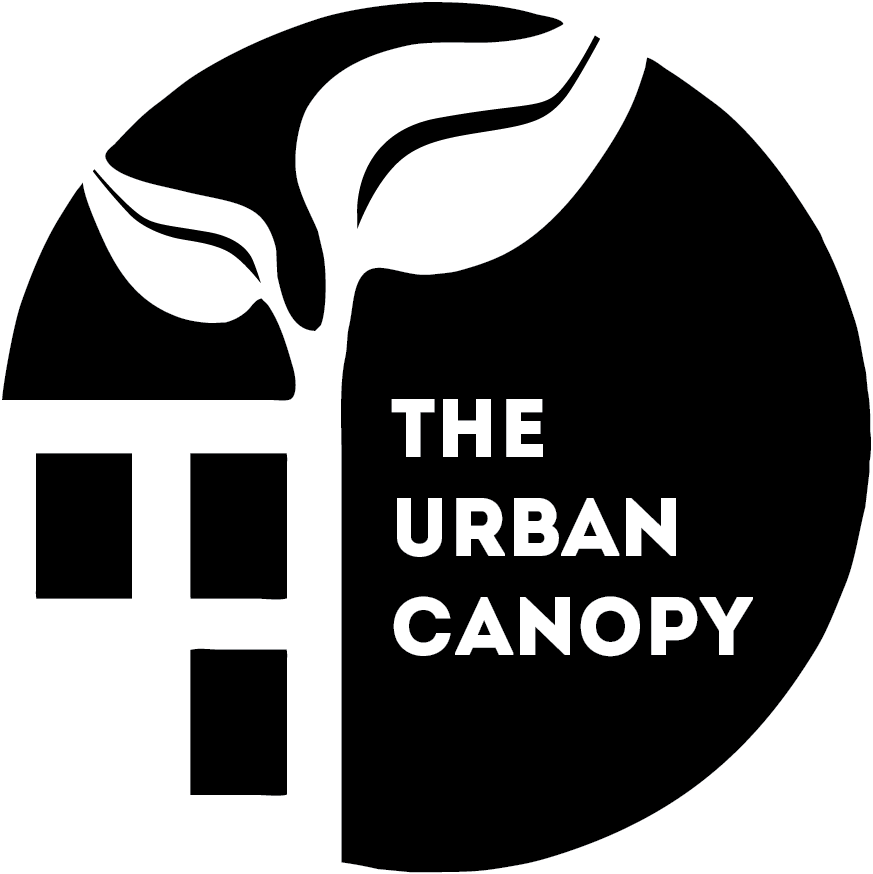Victory Dance Foods Compost Program
Even though we use “whole plant juice” in our signature line of Garden Granola®, utilizing both the pulp and the juice for the fresh fruits and vegetables, there are still many parts of the fruits and vegetables we process that we cannot use in our granola. For example, when we cut fresh pineapple we generate pineapple skins and fronds as waste and when we squeeze organic lemons, we generate lemon rinds as waste. We don’t want this waste going into a landfill contributing to greenhouse gases when it could be composted and turned into a soil.
We are proud to share that starting in the summer of 2020 we established a company wide composting program and all of our food waste is now composted! To accomplish we originally partnered with Chicago-based Healthy Soil Compost and continued our composting relationship when they joined forces with The Urban Canopy in 2021 .
Impact
Since the start of our Composting program in August of 2020 through August 16, 2024 VICTORY DANCE FOODS has composted and diverted 19,698 lbs of organic food waste from landfills, which is equivalent to 14,182.56 lbs Carbon of Greenhouse Gas Emissions Reduced. This Program is ongoing however we only update this page periodically.
Using the EPA’S Greenhouse Gas Equivalencies Calculator we have “converted” this number into concrete terms we can understand, such as the emissions from cars, households or power plants. To learn more visit the EPA’s Greenhouse Gas Equivalencies Calculator.
14,182 lbs of carbon is equivalent to
Greenhouse Gas Emissions from 60,328 Miles offset driven by the average gasoline-powered passenger vehicle
CO2 emissions from 2,654 Gallons of Gas
Carbon sequestered by 390 Tree Seedlings grown for 10 years in an urban environment or 27.5 acres of US Forest in one year
Check back quarterly to track our impact ! To learn more about our composting partner visit The Urban Canopy They do both residential and commercial composting throughout Chicago !
LOCAL IMPACT
All finished compost generated from our food scrap’s that we pay to have picked up as commercial partners and members of the The Compost Club produces compost that is vital for healthy soil, some of which is used for dense vegetable production at The Urban Canopy’s two-acre farm in the Englewood neighborhood.



